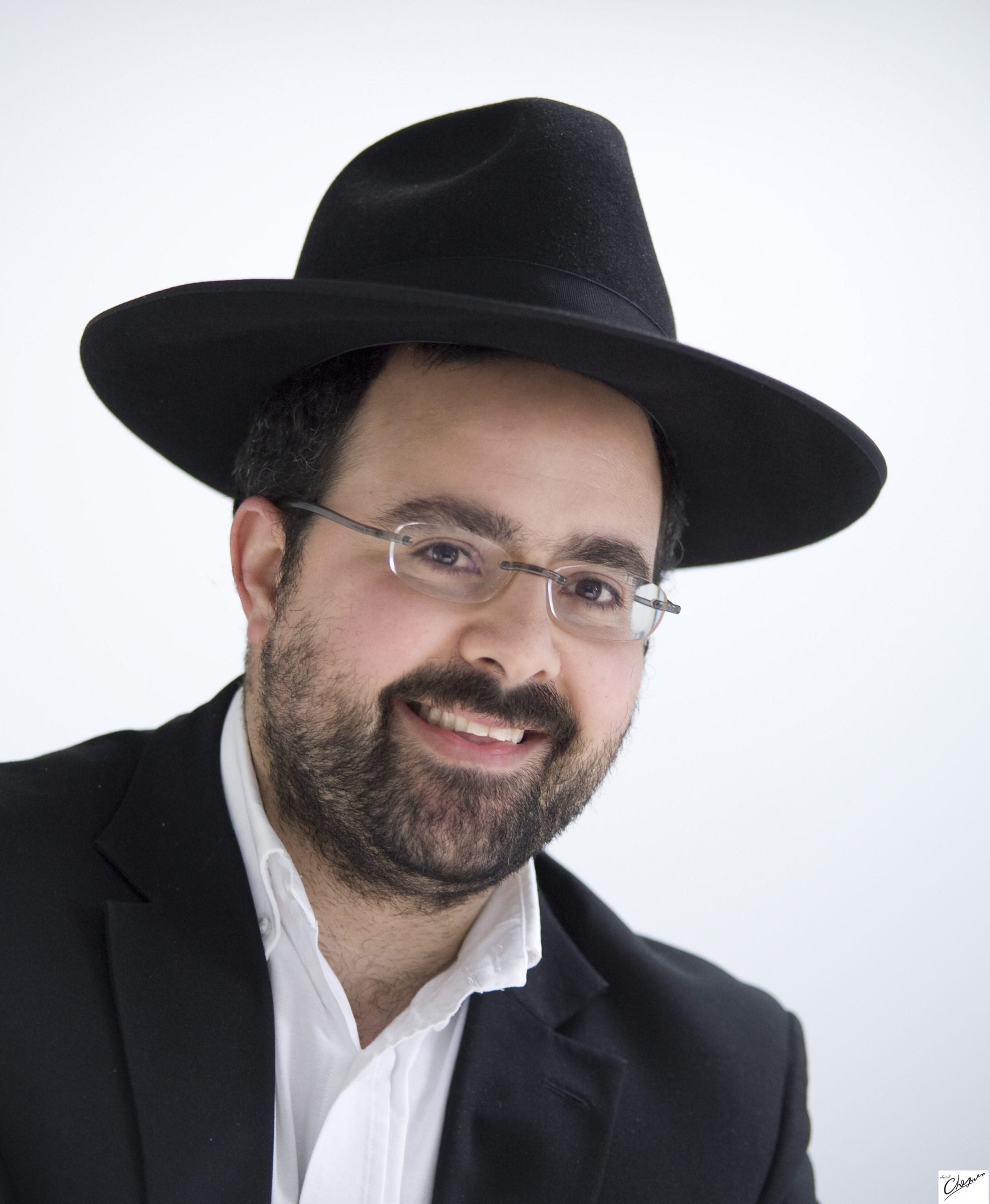
This Shabbat we commence a series of seven Shabbatot wherein we read special Haphtarot of comfort, Shiv’ah De’Nechamatah, taking us to Rosh Hashanah. The first opens with Hashem’s instruction to the prophet Yishayahu: “Nachamu nachamu ami – comfort, oh comfort my people!” The Midrash notes the double expression and points out that it is consistent with the sin and punishment preceding this time of comfort. “Chet chate’ah Yerushalayim” says Yirmiyahu in Eichah, and so too Yishayahu says: “Ki lakecha miyad Hashem kiphlayim – for she has been doubly punished”. But what is the meaning of a double sin, double punishment and double comfort? Committing a large number of sins is not doubling. Similarly, being punished harshly is not a double punishment.
One of the most poignant and chilling punishments mentioned in Eichah is hunger forcing people to eat their own offspring. Yirmiyahu, in a prophetic dispute, cries out in anguish, asking why Hashem’s chosen people deserve such horrendous treatment. Hashem answers that before the destruction of the First Temple they had murdered the prophet Zechariya Ben Yehoyada, who served as Cohen Gadol and was head of the Sanhedrin. He had come to admonish the people and convince them to repent. They silenced his calling, not wanting to hear his rebuke.
The Be’er Yosef explains in the name of Rav Yitzchak Blazer that the punishment aligns itself to the sin they had done. Hashem sent a prophet to bring the people back to better ways. Not only did they not heed his warning, recognize their wrongdoings and change their ways, rather they attacked him and murdered him in cold blood. They took the opportunity for improvement they were given and used it for destruction and sin. The sin was double in nature, a sin within a sin.
In the same vein the punishment was double. Hashem may deal a person many hardships in life. Ultimately, though, we know that these experiences are for our good. Yisurim a person has are usually a great merit for a person and in truth a kindness from Hashem, even when often not appreciated. However, the terrible punishment here is not only horrific in its own right, but furthermore carries with it a deeper severity. This punishment will come back to haunt the sinner for he will be held to account for murdering his offspring. There is a doubling of the penalty, a punishment within a punishment.
This example of sin and punishment represents a deeply troubling and seemingly endless spiral. Sin brings punishment which in turn is a vehicle for more sin. However when the situation seems bleakest, with no way of breaking this cycle, Hashem declares: “Nachamu nachamu!” – I will save you from the mire you’re stuck in. You will be comforted when you see no way out. Even when you’re stuck in a cycle which you see no way of breaking. When there seems to be no way of doing Teshuva, I will inspire you and lead you back to the right way.
In many ways we are stuck in this ‘double’ cycle. If we appreciated our lowly state, distance from Hashem spiritually and lack of Eretz Yisrael and the Bet Hamikdash, we would have a glimmer of hope. We would recognise what we are missing and truly beg for it. However the destruction is within us that we do not appreciate where we stand and what we lack. However Hashem assures us He will guide us back, to develop a spiritual sensitivity and bring us true comfort with the coming of Mashiach, bimhera beyamenu, amen!
We are truly saddened to hear of the sudden Petirah of Reb David Elbaz Za”l, father in law of Rabbi Jonathan Tawil. We wish him, his wife, and all their family true comfort from the one who comforts the mourners of Yerushalayim. May they experience only semachot in their dear family. Tehe nishmato serura bisror hachayim.







